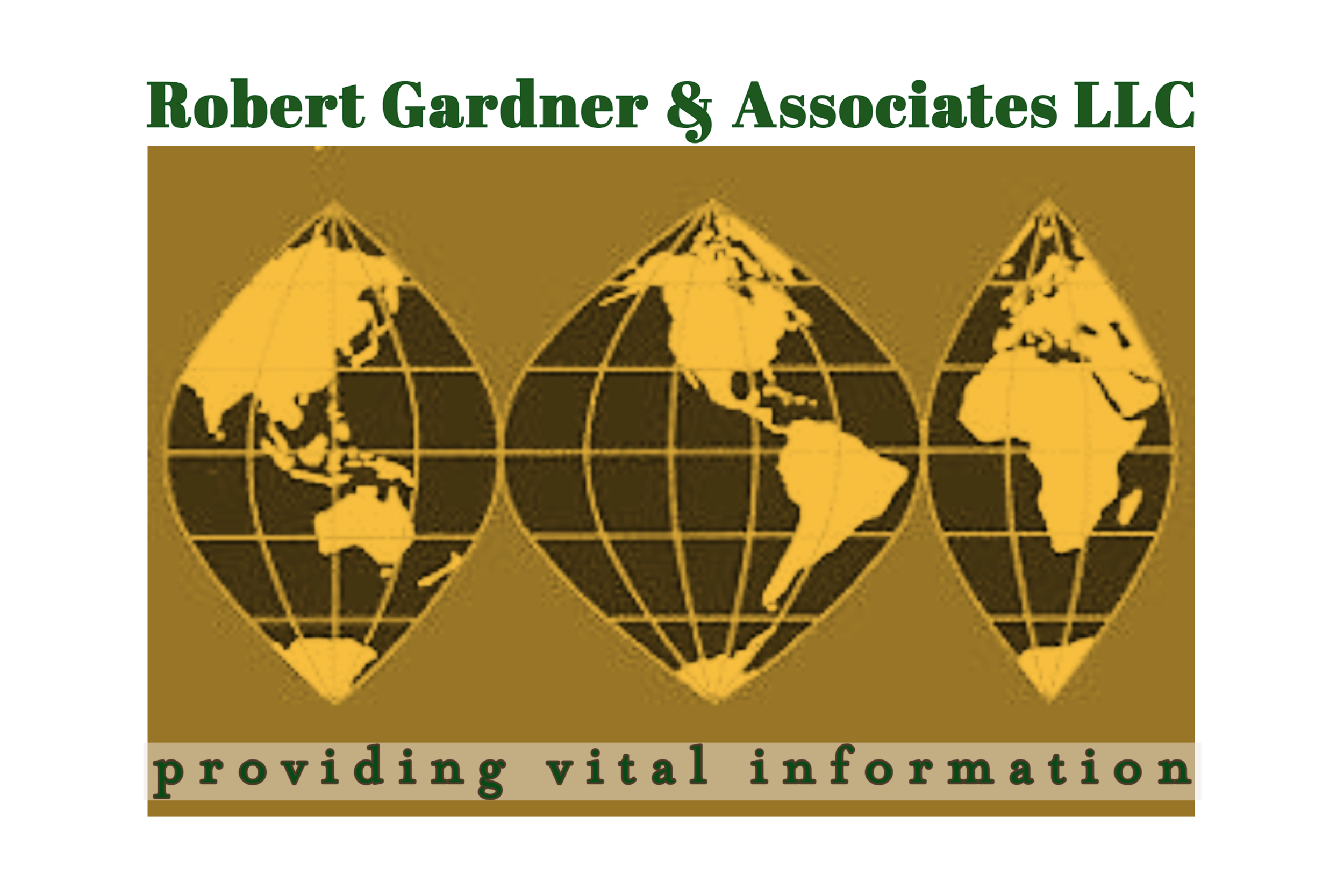Less Certainty More Inquiry
Good Artists Copy; Great Artists Steal
This is a post about certainty. This is a post generated by the good ideas of Editor Extraordinaire, Kim Green. With good ideas come good quotes or at least the need for a decent headline to justify reworking Kim’s thoughts into a post. What better rhetorical tool than some hyperbole. I’m not any ol’ blogger but a great artist, and I’m not mealy inspired by Kim, I’m stealing her work. And along the way we got our first lesson in certainty. Did I get that quote right. With Google, I found out the above quote has quite the history, over time it’s gone through a complete 180—both been great to steal and copy. Did Steve Jobs got it from Picasso? He said he did, and these days the quote is attributed to the mock turtle-neck guy. As David Mamet would say, always be searching. Maybe I should have gone with Milton Berle? He did say, “Like every comedian, if I heard a joke that I thought would work, I used it,” I heard good things about certainty from Kim and I’m going to use it.
As we know from last week’s post, poker great Erik Seidel taught Maria Konnikova that the way to glory on the green felt followed a simple maxim: Less Certainty More Inquiry. It was also the way that Mr. Wolf solved problems. Before you act, do you diligence. Find out. Know. Except Kim correctly pointed out to me after reading the last post, that more inquiry often leads to less certainty. Kim made two excellent points in correspondence with me. First, that often, the most certain people are the least informed and second, that it takes experience and wisdom to understand when not to be certain. She then expanded that to say it is incumbent in approaching certainty and inquiry to understand the process. Did you in fact Google to make sure you got that quote right. As Kim rightly pointed out, good researchers show their work.
Like I say, great artists steal, and I got the stealing part down at least. Kim said, “We don’t trust people like Mr. Wolf because they’re right every time; we trust them because their decision-making process is deliberate and sound. And a big part of that process is inquiry.” Due diligence is a strange animal. It can turn on what we search and it can also turn on how we search. We can search one thing ten ways or ten things one way. Can you tell a lot about a business by looking at the background of the people who run it, or can you tell a lot about the background of people by looking at the business they run? We can say that what you inquired about leads to certainty. It would be better, though to say, what kind of certainty are you getting from your inquiries.
And to go all in and steal from the greatest, what Socrates would say if he was a modern day business researcher, “the point of due diligence is to know what we do not know.” We become more certain less by gathering facts and more by understanding our doubts. Is Jane Doe a crook? We know that in the three cities she lived, she has not criminal convictions. Will John Smith succeed with this new venture; we checked and his last one went bankrupt. To emphasize Seidel, who we’ve been stealing from for two weeks, we value inquiry over certainty. We can only tell you where we have looked. We increase certainty by knowing where to look and knowing what to look for.
To steal me, as I said last week it’s a process to find what we don’t know:
“In addition to identifying risks at the onset, we reveal latent risks uncovered during our searches.” In other words, the more you know, the less certain you may become. There may be new issues to explore. New parties to research. Documents to obtain to get more details.
Listen, we very much expect a degree of certainty from our due diligence. Inquiry drives action. Put money into a company. Accept a new client. Use a new vendor. Hire. Travel. File your suit. Certainty comes best from understanding where you have searched, what it entails, yet it also comes from where you did not go. As Kim would say, the road to certainty begins by accepting that you do not know. Don’t be so certain all the time. Follow the process.

